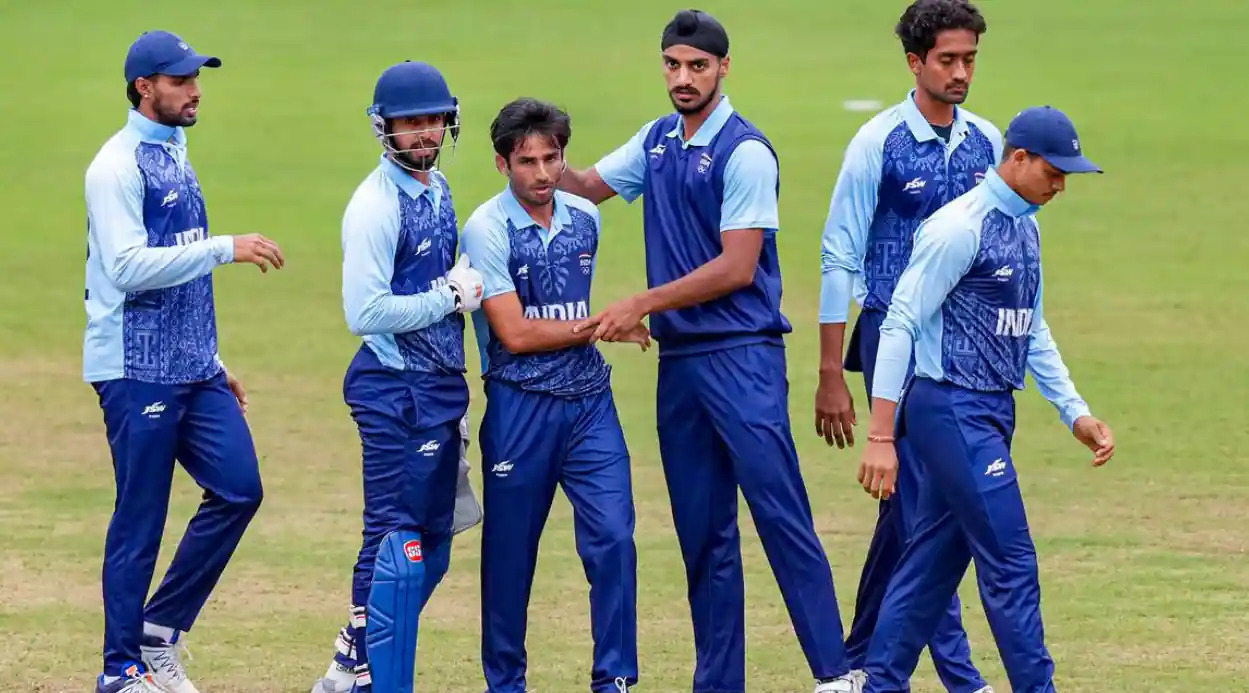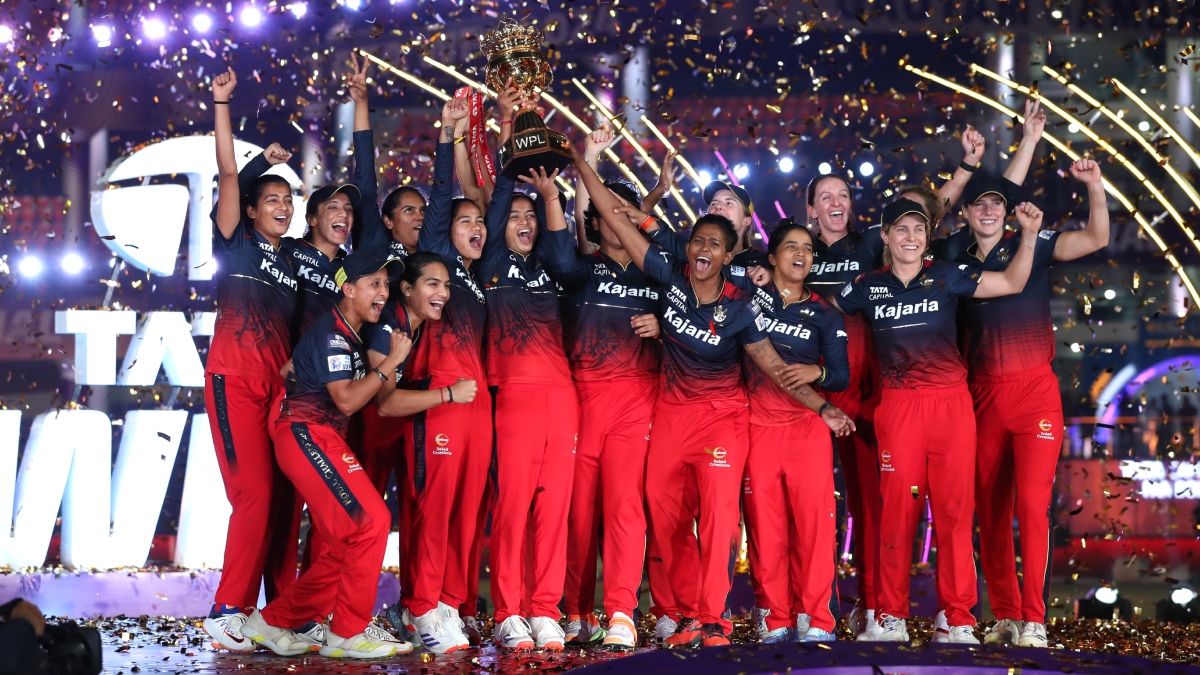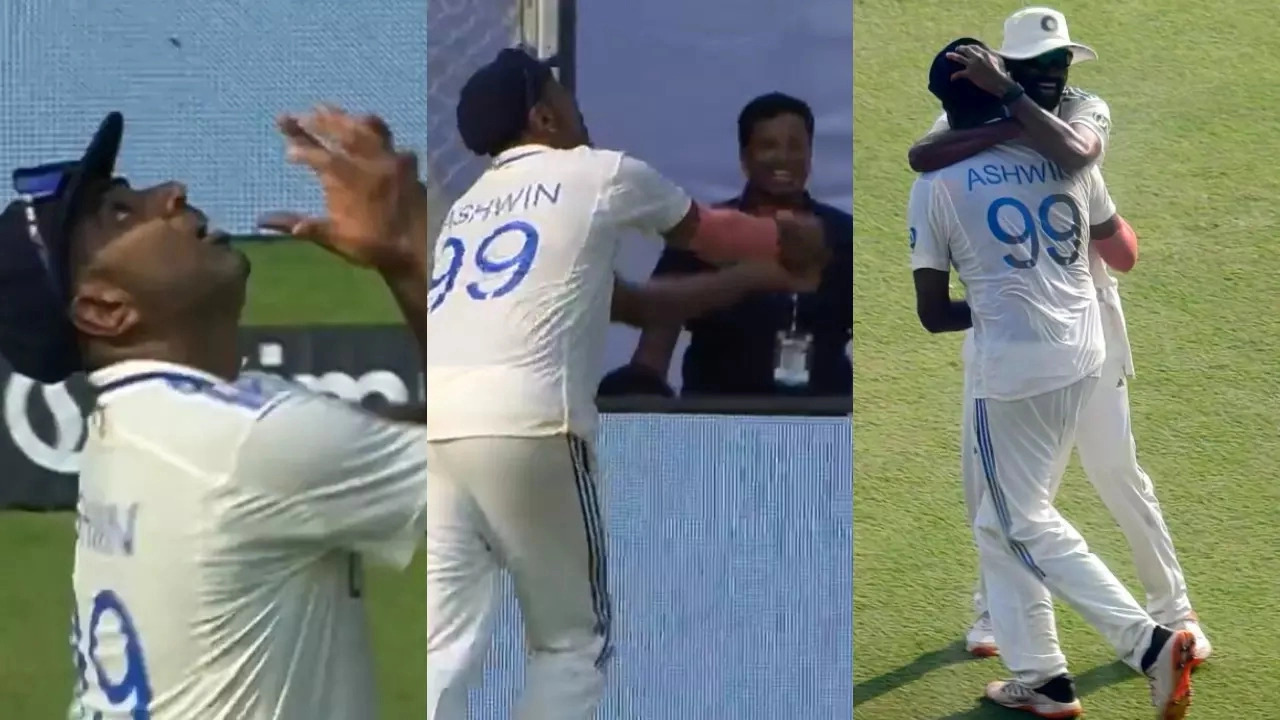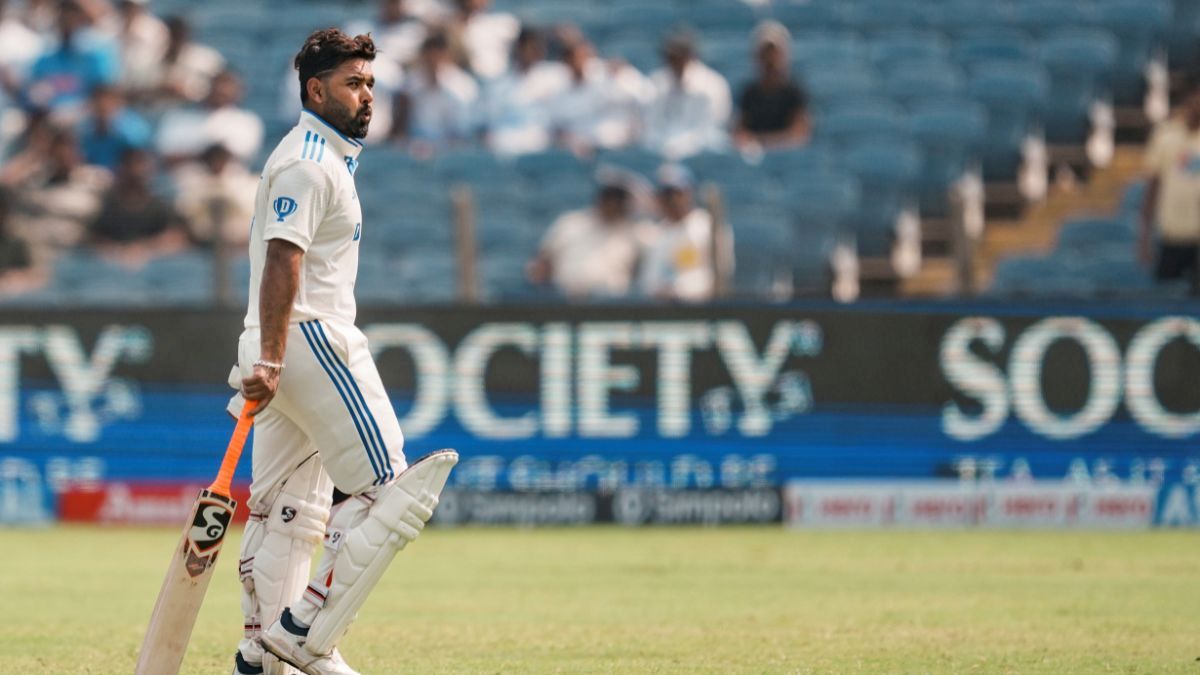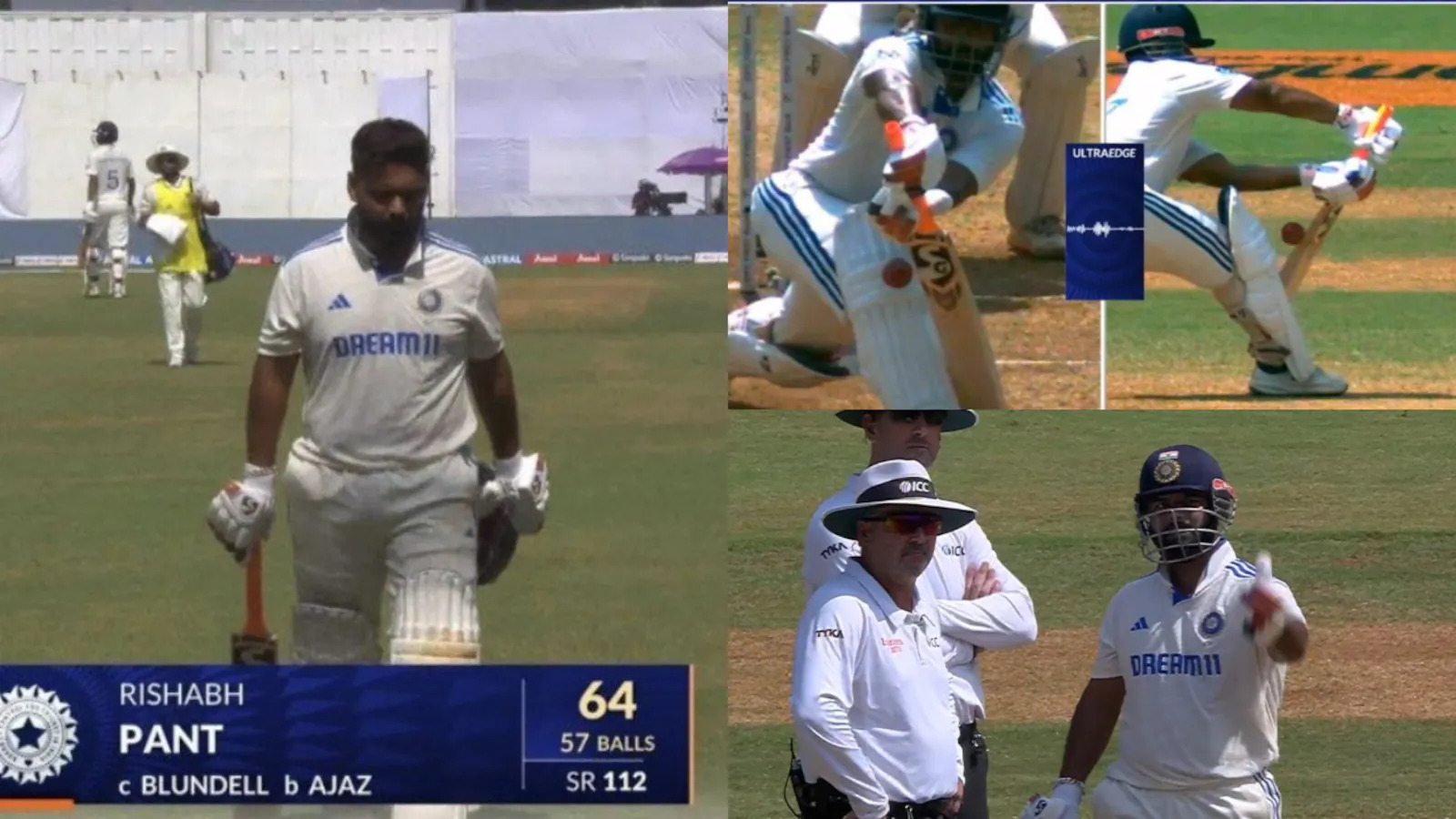A change has been made to the BCCI‘s (Board of Control for Cricket in India) prior regulations regarding Under-19 player participation. One significant clause among the few that have been loosened is the TW3 test. The TW3 test is nothing more than a Tanner Whitehouse 3 clinical method used to determine an individual’s skeleton age, also known as bone age, in order to verify their true age. The process is primarily completed during an athlete’s Under-16 season.
There have been multiple reports of age fraud involving different countries in the Under-19 division. According to a article, BCCI has stated that athletes who fail the TW3 exam would be eligible to compete for three years in Under 19 events under its newly modified regulation. It is important to remember that players were only allowed to participate for two years prior to the update.
“Players who have failed the TW3 test at the U-19 level and whose birth is registered within two years after the test’s administration will be eligible to compete in Under-19 competitions for a period of two years. A notice said that such players would now be limited to three years of Under-19 competition.
Mentioning a birthday that is more than two years old is another regulation that the BCCI has relaxed.
In previous cases, a player had mentioned that the birth certificate was only registered two years after the player’s birth, which made passing the TW3 exam extremely important. The former rule, which only allowed a player to participate in Under 19 for two years after their birthdate was mentioned, has since been changed to three years.
“Players who pass the TW3 test at the Under-16 level and whose birthdate is registered as more than two years ago will be eligible to participate in Under-19 competition for two years.”
“Such players will now be allowed a maximum of three years of Under-19 participation,” reads the rule that follows the amendment.
The core guidelines have not altered.
“The players having their birth certificate registered within two years of birth are allowed to play three years in the category” is the policy for players registering birthdates within two years of birth. These athletes could only play for two years in the past.
Regarding the unaltered regulations, athletes who have birth certificates registered more than two years after their birthdate and have failed the TW3 exam will be limited to a single year of U19 participation. The counting of four seasons per player, regardless of appearance in the next one, is another rule that hasn’t changed.
Also Read: Watch: The Bangalore-based BCCI releases images of the recently constructed, cutting-edge National Cricket Academy
“The counting of four seasons will begin once a player plays in any Under-19 match in the playing XI during any given season, regardless of whether the player plays in the following season or not.”









 Win Projections to be updated soon
Win Projections to be updated soon








